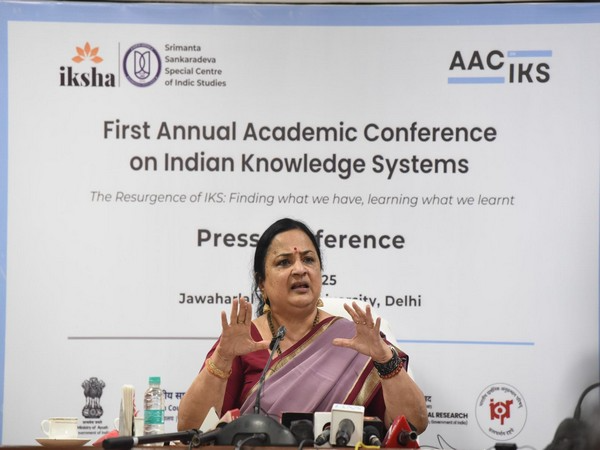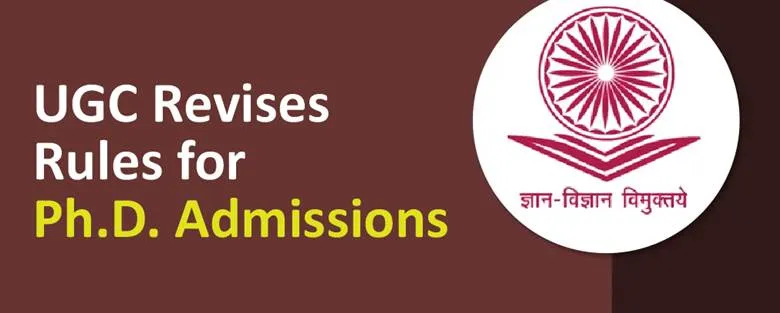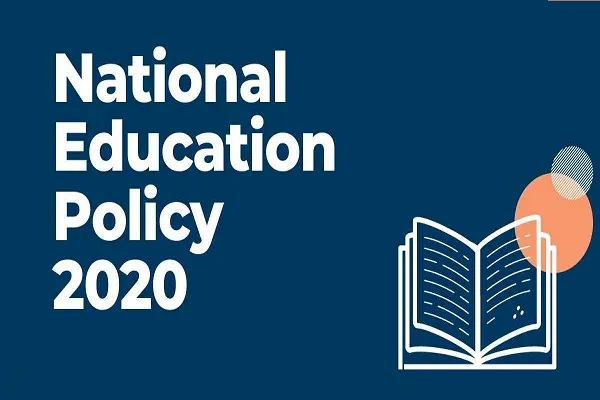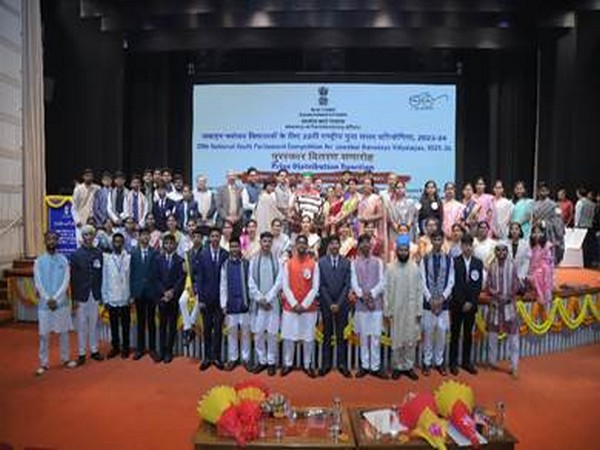JNU hosts inaugural Indian Knowledge Systems conference
JNU Hosts Its First Indian Knowledge Systems Conference A New Intellectual Awakening Begins
Jawaharlal Nehru University (JNU), one of India's leading centers for higher learning, has stepped into a new academic chapter with the successful launch of its first ever Indian Knowledge Systems (IKS) Conference, held from July 10 to 12, 2025. The event, which took place on the university’s New Delhi campus, marks a significant milestone in the ongoing efforts to revive, reinterpret, and reintroduce India’s ancient intellectual traditions into the modern academic mainstream. The conference aimed not only to highlight the richness of India's indigenous knowledge but also to reimagine its role in shaping education, research, and national identity in the 21st century.
The theme of the inaugural conference revolved around “Reclaiming Indigenous Wisdom in a Global Knowledge Era.” With participation from hundreds of scholars, policymakers, students, and educators across disciplines, the three day event featured keynote addresses, paper presentations, panel discussions, and cultural showcases. The sessions delved deep into diverse knowledge traditions ranging from ancient Indian mathematics and astronomy to Ayurveda, classical arts, ethics, education systems, philosophy, linguistics, and governance practices. The goal was not simply to glorify the past but to assess how these systems can be recontextualized in today's academic and technological environment.
The conference was inaugurated by Vice President Jagdeep Dhankhar, who stressed the importance of viewing Indian knowledge systems not just as historical artefacts but as living, evolving sources of insight. In his speech, he emphasized how colonialism had marginalized traditional Indian education and scholarship, creating a rupture that still affects India’s academic psyche today. “The time has come,” he declared, “to reconnect with our intellectual heritage not out of nostalgia, but for the wisdom it offers in solving contemporary challenges.” He urged students and scholars to take up the responsibility of digitizing, preserving, and critically engaging with ancient texts and oral traditions.
JNU Vice Chancellor Prof. Santishree Dhulipudi Pandit played a pivotal role in framing the academic direction of the conference. In her welcome address, she stated, “Narrative is power. And unless we tell our own stories, others will define our knowledge for us.” She also stressed that the Indian Knowledge Systems project should not become ideological or exclusionary, but inclusive and rigorous, welcoming diverse viewpoints and methodologies. According to her, the ultimate vision is to integrate India’s ancient knowledge with global scientific approaches creating a hybrid model of learning rooted in heritage but oriented toward innovation and critical thinking.
One of the most significant aspects of the conference was its multidisciplinary nature. Experts from fields such as cognitive science, computer engineering, environmental science, performing arts, and literature presented papers that drew unexpected yet powerful connections with traditional Indian thought. For instance, one panel explored how concepts from Nyaya (Indian logic) could inform contemporary AI ethics. Another session focused on how Vaastu Shastra and ancient urban planning principles can inspire sustainable city design in a time of climate crisis. Far from being limited to Sanskrit texts or religious philosophy, the event highlighted the dynamic and practical applications of Indian knowledge systems today.
The conference also made room for younger voices, especially PhD researchers and early career faculty, who presented emerging work on regional knowledge systems, indigenous languages, and tribal epistemologies. Many participants expressed excitement over the renewed academic legitimacy given to areas once considered marginal or "non scientific." Student led sessions on folk medicine, oral history, and local agricultural practices brought fresh energy and creativity to the discussions. The event thus served as a bridge between generations of scholars, and between the classical and the contemporary.
While the conference maintained a largely academic tone, it did not shy away from engaging with larger cultural and political contexts. Several panels discussed the challenges of integrating IKS into formal curricula, especially given debates over historical accuracy, communal tensions, and ideological appropriations. There were calls for a balanced, research driven approach that neither exoticizes Indian traditions nor treats them as infallible. “We need to approach these systems critically but respectfully,” said one panelist. “That’s the only way they can grow and contribute meaningfully to today’s world.”
As the conference came to a close, the mood was hopeful, with a shared sense that something important had begun. In its concluding statement, the organizing committee pledged to make the conference an annual event, expand international collaborations, and establish a dedicated IKS research center on campus. Plans are also underway to publish a peer reviewed journal that will serve as a platform for original research in Indian knowledge traditions. For JNU, long known for its role in shaping national discourse, this new intellectual initiative represents a bold step toward reclaiming and reimagining India’s ancient wisdom in the service of modern inquiry.






 DTU and University of Houston ink 5‑year academic collaboration
DTU and University of Houston ink 5‑year academic collaboration  NEP 2020 Implementation Update
NEP 2020 Implementation Update  Wales rugby slump continues
Wales rugby slump continues  Djokovic defies age vs Sinner
Djokovic defies age vs Sinner  Youth Parliament Sessions Expanded Nationwide to Boost Democratic Participation
Youth Parliament Sessions Expanded Nationwide to Boost Democratic Participation